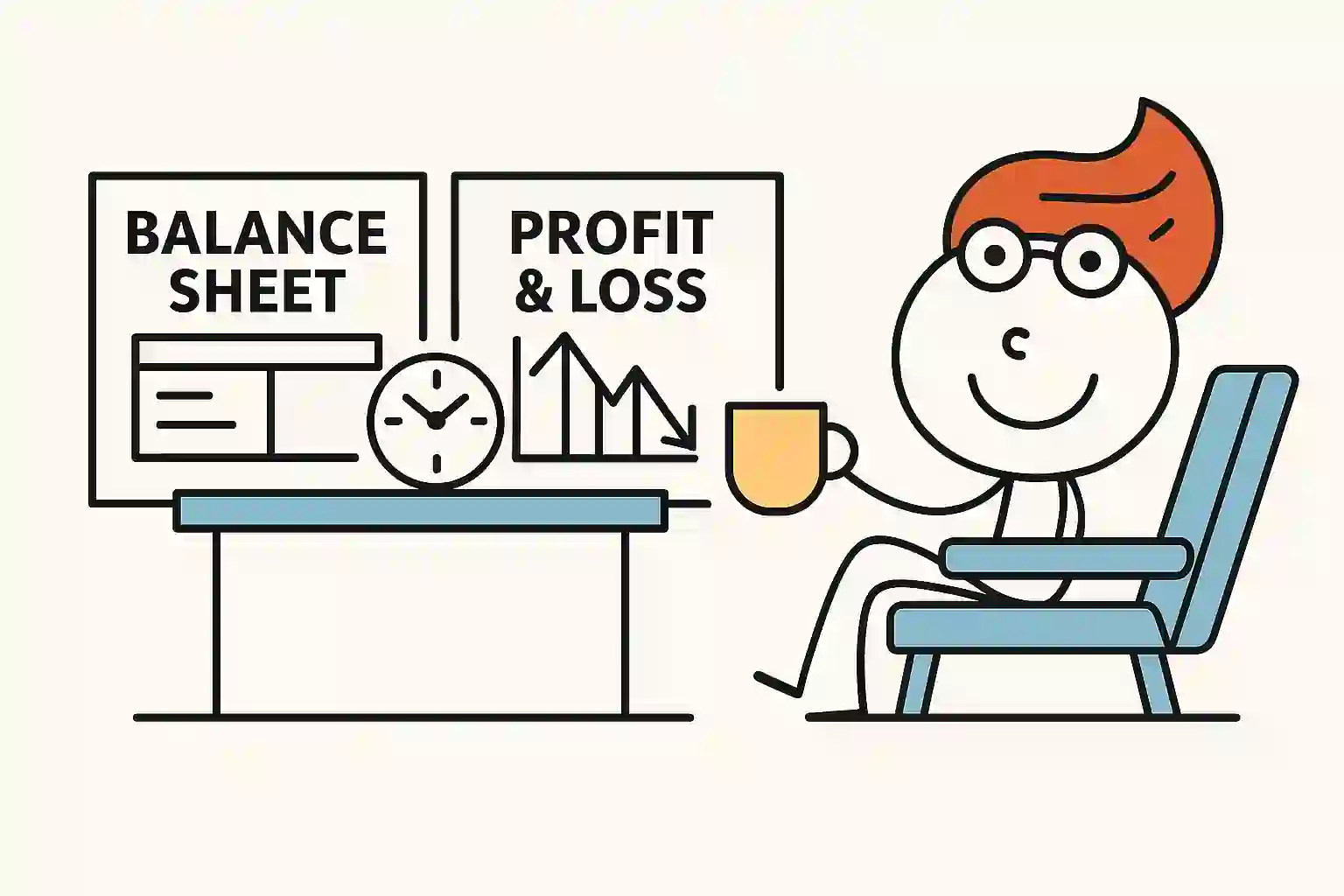Fundamental Analysis

Technical analysis shows you what’s happening.
But it doesn’t tell you why.
A stock breaks out, surges higher—but what’s driving it?
Is it hype?
Real growth?
A bubble waiting to burst?
Charts don’t tell you the story.
Charts don’t reveal the ‘why’ behind the move. They don’t expose weak companies riding market waves.
This is where fundamental analysis changes everything.
It gives you clarity.
It separates real opportunities from traps.
It gives you the missing piece.
Fundamental analysis tells you why a stock is moving, whether the momentum is sustainable or not.
It helps you predict, not just react.
A stock can look strong but be fundamentally weak.
A stock can look expensive but still have massive upside.
When you understand the why, you stop guessing. You start knowing.
Don’t just follow price. Understand it. Because real money is made by those who see what others ignore.
What to Expect from Fundamental Analysis
When analyzing a stock, you only need to answer three simple questions:
Question 1: How fast will it grow?
If you understand a company’s future growth potential, you can decide if it’s worth investing in or if there’s a better opportunity elsewhere.
Comparing two companies based on their expected growth helps you choose the better option.
Question 2: Is it priced too high or low?
When buying a house, you don’t just consider location or appearance— you also check if the price is fair. The same applies to stocks.
Before buying, you must know whether the stock is cheap or expensive.
Question 3: What risks should I know?
Imagine two companies, both expected to grow at 25% per year. One is heavily in debt, while the other has none.
If a recession hits, the debt-ridden company might struggle or even go bankrupt, while the debt-free company is more likely to survive and continue growing.
Before buying, you must understand the risks a company faces. Knowing these risks or problems helps you make more confident decisions.
Use “GAP” to easily remember these three questions
- G → Grow (How fast will it grow?)
- A → Affordable? (Is it priced too high or low?)
- P → Problems? (What risks should I know?)
The Big Myth About Fundamental Analysis
Many people believe that fundamental analysis is only for experts—that you need special qualifications or years of experience to do it.
But that’s simply not true!
You don’t need to be a chartered accountant or a research analyst to master fundamental analysis.
You don’t need a finance degree.
If you can ask the right questions, you can analyze a company’s fundamentals.
Fundamental analysis is not reserved for professionals. It’s a skill anyone can learn—even if you’re starting from scratch.
And here’s the best part: once you understand it, you’ll never have to rely on anyone else’s advice to make smart decisions in the market.
I’m going to show you just how simple and powerful fundamental analysis can be—even if you’re starting from zero.
Let’s dive in!
2. Predicting Future Growth (Coming Soon)
3. Expensive or Cheap (Coming Soon)
4. Balance Sheet (Coming Soon)
5. Cashflow Statement (Coming Soon)
6. Red Flags (Coming Soon)